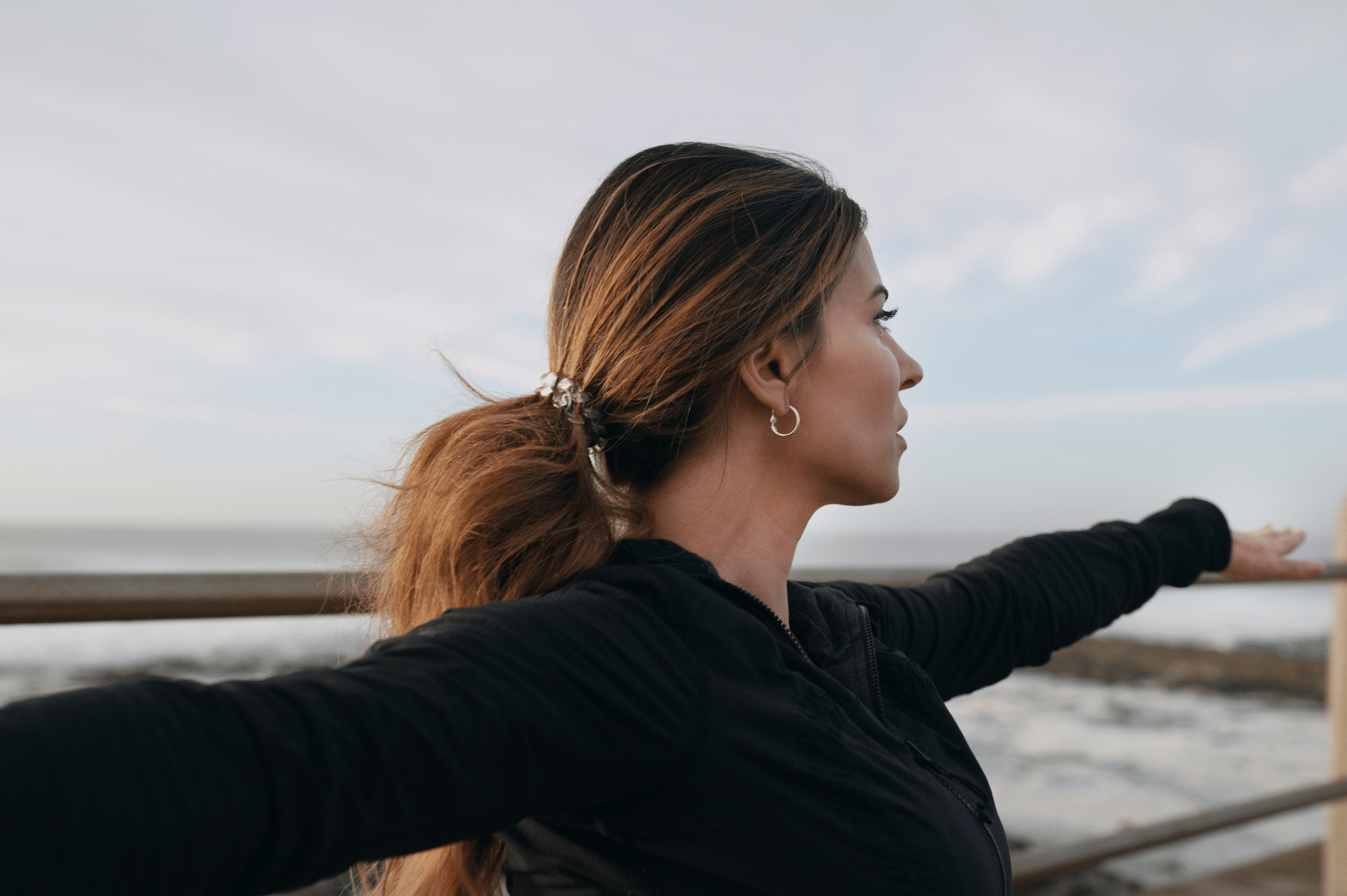Medically Reviewed by Dr. Mohammed Saeed, MD.
Anxiety and stress are ever-present in today’s world, whether from a buildup of minor daily annoyances or the deeper anxieties caused by family, financial, or health issues. Unfortunately, many people turn to drugs or alcohol to cope with life’s little demons.
Many associate alcohol with relaxation, and use it to avoid or recover from stressful situations. Alcohol’s depressant effects calm people when they are feeling anxious, but it is only a temporary band-aid. There are healthier ways to relax, and many have the wonderful side effect of improving both physical and mental health.
Realistically, not all stress and anxiety are bad. Stress reactions are a part of the human survival instinct — the physical manifestation of the “fight, flight, or freeze” response. They help us stay alert, safe, and make quick, instinctive decisions. Under stress, our bodies produce various hormones and chemicals like adrenaline and cortisol that help us prepare to act.
Adrenaline provides a boost of energy, while cortisol increases sugar (glucose) in the bloodstream and brain to sustain it. Cortisol also curtails functions that are not useful in a fight-or-flight situation — changing certain immune system responses and suppressing the digestive system, the reproductive system, and growth processes. This is one reason that we often feel fear, stress, or anxiety in our gut.
Problems crop up when we are kept in “fight-or-flight mode” long-term. Chronic anxiety affects concentration and focus, energy levels, and mood. Consistently elevated cortisol levels can eventually lead to increased blood pressure, adrenal fatigue, heart disease, diabetes, and other health conditions.
Does Alcohol Really Help Increase Relaxation?
Alcohol use increases cortisol levels; so, in the long run, it is extremely counterproductive.
Ways To Cope With Anxiety Without Turning To Alcohol
While we may not be able to change the circumstances that are causing our anxiety, we can control how we react to them. This is the core of stress management — developing healthy coping strategies to manage anxiety.
Here are a few to try:
- Prepare for anxiety-inducing events beforehand. If you have a meeting or presentation, rehearse in front of a mirror or with a friend. Make a mental list of conversation topics if you are going out with people or to a party. The better prepared you are, the less anxious you will be.
- If you know you’re going into a stressful situation, give yourself a reward as something to look forward to when it is over. Plan a movie, buy advance show tickets, or make a reservation at a favorite restaurant.
- Remember the discomfort is temporary. Accept the fact that you may have to go through some discomfort to reach your goals — just like you need to master your scales before you can play a symphony. It will be easier to focus on the end result and you’ll be less likely to turn to alcohol to ease the pain.
- Drink something besides alcohol. Try tea, regular or herbal if caffeine bothers you. There are as many varieties of tea as there are liquors. The same applies to good quality coffees. Focus on the subtle flavors and notes as you sip.
- Meditate and practice mindfulness. Meditation and mindfulness can focus your attention inwards and provide a sense of calm. They ground you in the present by focusing on your senses, breathing, the world around you, or your body’s current state.
- Deep breathing techniques can help relieve the physical symptoms of stress and anxiety, calming the body and allowing you to think clearly.
- Engage in physical activity/exercise relieves stress. Go for a walk, ride a bike, play with the dog, or hit the gym. Exercise eases muscle tension, provides distraction, and the endorphin rush elevates mood. Yoga, in particular, has been shown to be very effective in easing anxiety.
- Practice Progressive Muscle Relaxation techniques that can help lower blood pressure and improve mood to help you relax. The US Department of Veterans Affairs has a simple summary of some techniques you can explore.
- Spend time with hobbies and interests. Cook, build something, read a book, play a musical instrument. Keep busy.
- Cut back on caffeine. High doses of caffeine increase your levels of stress, nervousness, anxiety, blood pressure, and heart rate. When you stop relying on caffeine to get through the day, you will be less likely to rely on alcohol to relax.
- Be grateful. Focus on being grateful for the positives in your life instead of remembering resentments and anxiety. Volunteering can also improve your mood and shifts your focus to the people you are helping and away from your own issues.
- Rest. Get a good night’s sleep. Rest will help you better cope with stress and allow your body to heal from its effects.
If your anxiety is unmanageable and you continue to look to alcohol, consider professional help. There are many programs available for managing anxiety. Cognitive behavioral therapy, or CBT, is very effective in treating anxiety. It helps people learn new patterns of thinking and behaving, and teaches effective coping strategies.
Why Choose Into Action Recovery Centers?
Into Action Recovery Centers takes pride in providing a high level of treatment and a holistic approach to recovery for those who suffer from addiction. Our comfortable facility is designed with the client’s needs foremost in mind. Our staff includes master’s level counselors, licensed chemical dependency counselors, 24-hour nursing professionals, a staff psychiatrist, a staff chef, and direct care personnel. Our counseling staff provides individualized treatment and care for our clients with an emphasis on tailoring treatment to the specific needs of each individual. Additionally, our staff provides family counseling, relapse prevention, life skills, and grief and trauma counseling.
We are passionate about sharing the process involved in living a drug and alcohol-free life. We offer free aftercare for the men who complete our program and have a strong alumni network that remains active in the community. We also offer other amenities such as dietician-prepared meals, mindfulness-based meditation training, outings, and fitness training.




